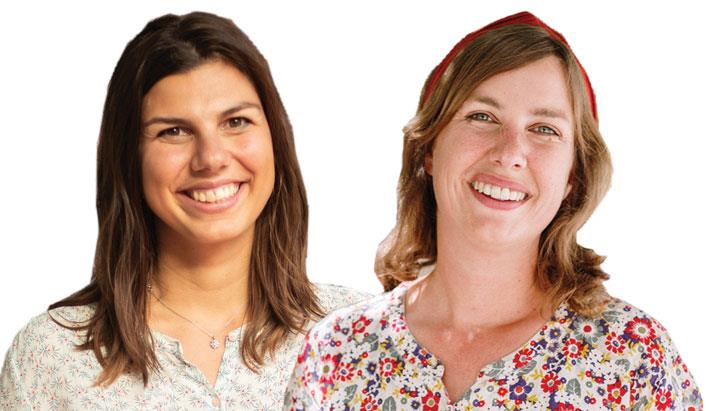The latest National Household Travel Survey, from 2021, confirmed what we all experience on a day-to-day basis when moving around our islands: Malta's roads are overflowing with cars, and most of our trips are made by private car. The travel survey showed how three quarters of all trips are done by private car (as driver). When considering car passengers as well, that figure rises to 84% of all trips.
All these car trips do not only lead to the obvious traffic congestion and parking frustrations, but have wider impacts on our wellbeing, our environment, and our economy. The transport sector is responsible for about a quarter of greenhouse gas emissions in the European Union (EU). In Malta, that figure is even higher, with transport causing a third of national greenhouse gas emissions. The EU aims to be the first climate neutral continent in 2050, with an intermediate goal to cut carbon emissions by 55% in 2030. 100 European cities and regions, including the island of Gozo, have been chosen to lead the way by showcasing how they will be climate neutral by 2030.
This means we have an incredible challenge on our hands: in a few decades we need to completely decarbonize our transport system. However, instead of despairing, we can turn this challenge into an opportunity, and take this chance to build back a better transport system that offers sustainable mobility options, which can provide accessibility for all, safer roads, more efficient transport, more liveable public spaces and a happier society.
For decades, we have planned for and invested in infrastructure for cars. As a result, we have deepened our car dependence and created a culture where driving everywhere is the norm and most 18-year-olds eagerly await the day they get their driving licence and have a vehicle of their own. To make matters worse, car centric culture and infrastructure aggravate transport inequalities: opting for active modes of transport like walking and cycling is increasingly unsafe and uncomfortable, due to the volume and speed of traffic, and air and noise pollution in the street. Public transport becomes inefficient and unreliable, as buses get stuck in the same traffic and cannot keep up with demand.
It turns out that all these years we have been asking the wrong questions. Instead of asking how many cars we can move down the street, we should be asking how many people we can move down the street, and what are the best ways to do so.
To break out of the vicious cycle of car dependence we need systemic change. We need to invert the hierarchy of transport and put people-centric and sustainable solutions on top: safe and comfortable infrastructure for walking and cycling, dedicated space for buses, seamless connections between bus and ferries, and even a bus rapid transit system, which would provide high speed and high frequency connections between the main towns and cities in Malta and Gozo that be implemented in the next 5 years.
To make this happen, we need everyone on board to push for change. When talking about transport today, we mainly hear cries for more parking. This will only lead to further car dependence. Instead, we need to hear people asking for better public space, for safe infrastructure for walking and cycling, for direct and reliable bus routes. We need political heroes who are willing to make a change. For inspiration, look at the mayor of Paris, who has completely overhauled the transport system in her city in the past 5 years with the concept of the 15-minute city. This planning approach prioritises accessibility to daily services such as education, work, shopping and entertainment on foot or by bicycle within 15 minutes, thus removing the need for everyone to own a car and giving back public space to the people, to create a healthier and happier city.
What can you do to be part of this change? Speak up: talk to friends and family, local councillors, members of parliament and ministers, and join public protests, to show that there is appetite for change. Walk the talk and show that change is possible: start replacing a car trip with sustainable alternatives such as walking, cycling, taking the bus or ferry, whenever feasible, to prove there is demand for sustainable mobility. And finally, use your people power and support visionary leaders who promote a sustainable future!

Dr Suzanne Maas and Camille Bon will be a speakers at the conference, 'Reconsidering Mobility'. The first event for MSF 2023 on the theme Sustain Tomorrow Today will focus on the need to reconsider our mobility choices. It will look into the latest data relating to mobility and the impact of our current modes of transportation locally. It will also discuss the targets set by the EU to reach carbon neutrality by 2050 and solutions across the EU which are applicable for our islands. A panel discussion will analyse some of the sustainable solutions and technologies being implemented by businesses to be greener. The session will conclude with a focus on individual actions for more sustainable mobility, viable for Malta. For more information please visit maltasustainabilityforum.com